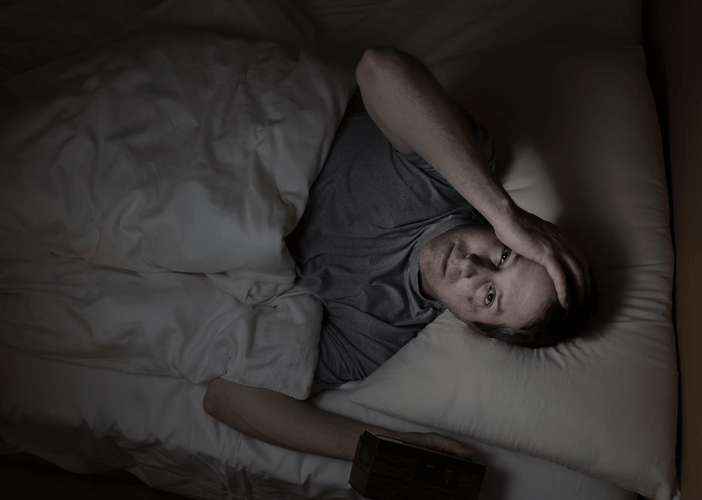Content
A structured plan using imaginal and/or graded exposure to cues that elicit anxiety also may offer a practical balance of therapeutic risk and reward. Similar to the other modalities described here, administration of these psychosocial treatment strategies for alcohol problems can be less straightforward with individuals who have comorbid anxiety and AUDs. Clients with social anxiety disorder, for example, may have difficulties with several elements of standard psychosocial approaches for alcoholism. Many treatment programs, as well as AA, heavily rely on the mutual help in group settings.
Those who are prone to anxiousness may also be more vulnerable to anxiety after drinking alcohol. By the time the effects of alcohol wear off, anxiety will have doubled due to the sudden realization of what might occur while you were intoxicated. Alcoholism is a long-term, progressive, and potentially alcohol and anxiety lethal condition characterized by excessive and frequently compulsive alcohol consumption that results in psychological and physical dependence or addiction. Anxiety disorders are mental health issues which induce excessive and persistent dread and terror in those who suffer them.
Signs of Alcohol Abuse
Feeling as though you need a drink in the morning in order to get yourself moving. If you have turned to alcohol as a means of relieving stress, you are certainly not alone. Learn more Clicking here takes you to the Where healthcare happens 24/7 page. Sign up for free, and stay up to date on research advancements, health tips and current health topics, like COVID-19, plus expertise on managing health. LegitScript is a third-party certification that demonstrates Footprints complies with all applicable laws and regulations, including our ongoing commitment to transparency. The Joint Commission for the Accreditation of Healthcare Organizations evaluates quality of care provided by healthcare organizations.
- To shed light on the potential role of social anxiety in addiction treatment, Book and colleagues compared participants in an intensive outpatient program with high and low social anxiety on attitudes toward treatment activities.
- By shifting your attention from focusing on your social anxiety to thinking about your present sensations, you can learn to become more mindful and change your brain’s response to stress.
- When someone expects or is engaged in a social scenario, they actually become physically ill.
- Chemical dependency specialist Joseph Janesz, PhD, LICDC,says there are various ways that anxiety and alcohol are linked, so it’s important to understand how alcohol affects not only your body, but also your mind.
If you don’t have a trusted person to talk to, you might try joining a support group or attending group counseling. This way, you’ll meet people with similar struggles and work toward overcoming your social anxiety together. Remembering that you are not alone and that others might be just as worried about how they’re being perceived can make it a bit easier to manage your symptoms.
Best Ingredients and Products for Your Anti-Aging Skin Care Routine
It’s estimated that 40 million Americans suffer from some kind of anxiety disorder at any given time. In cases where someone cannot gain a prescription for their Anxiety Disorder , the person suffering may turn to alcohol. This is also very common among anxiety sufferers who either cannot afford therapy or are too embarrassed to seek it. While this may seem like it works initially, in truth, the slight assistance that alcohol provides is fleeting and it comes with great cost.

Psychological symptoms may carry a worse prognosis for alcohol-related problems, and these symptoms must be addressed early in alcoholism treatment. Standard delivery of RPT also may require a pivotal adaptation when applied to clients with comorbid anxiety disorders. RPT emphasizes the importance of identifying an individual’s unique risk factors (e.g., high-risk situations) for relapse and incorporates skill-development techniques to help reduce the likelihood of lapses and to manage them should they occur. It is widely understood in the RPT literature that negative emotional states are particularly perilous to recovery efforts. A classic analysis of over 300 relapse episodes implicated negative emotional states, conflict with others, and social pressure to use in nearly 75 percent of the relapses studied (Cummings et al. 1980).
